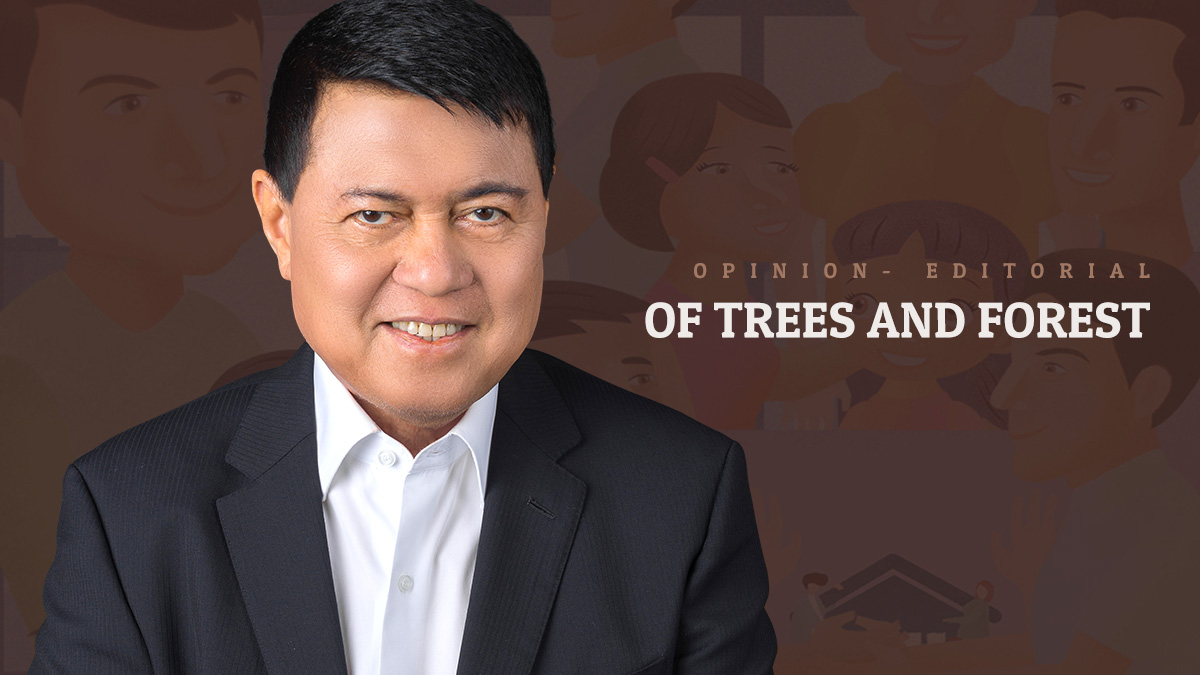
Elections in the ‘New Normal’
The US presidential election is scheduled to take place on November 3, 2020, right about the time this column goes to print. American voters will choose between the incumbent Republican President Donald Trump and Democratic challenger former Vice President Joe Biden. As has been the case in past elections, this 2020 edition has proved to be a very divisive, contentious, and brutal democratic exercise for the US. The raging pandemic in the US, racial injustice and violence, allegations of Chinese, Iranian, and Russian interventions all add to the tensions.
I think it is important for the Philippines to observe closely what happens in the US elections. Not just because the US is an important ally and the election of the US president will have some impact on our own economic and political situation but also because the US electoral experience will be very instructive as we prepare for our own 2022 national elections.
Of course, by the time our elections come along, we expect the coronavirus pandemic to be abated if not completely eradicated. But that all depends on the availability of a vaccine and the efficiency of our distribution system that will allow everyone to be inoculated. While many promising vaccines are in development out there, some delays in the clinical trial have been experienced. This uncertainty led Dr. Anthony Fauci of the US National Institute of Allergy and Infectious Diseases to say (on when a vaccine might become available): “Could be January, could be later. We don’t know.”
But even assuming that a vaccine arrives and that we are able to immunize everyone, we still need to make certain changes to make sure that our electoral system is as contactless, accurate, and honest as possible. This will not be the last virus to affect us as experts have warned. The relatively high turnout of voters in our country makes our electoral process chaotic, our election precinct crowded, and prone to the spread of virus infections.
In the US, different states have different ways of voting but all have provided for systems that will allow voters to cast their ballots without physically going to the polls. This is very important for the US as it has seen a new resurgence of virus infections in the last few days. The rate of daily cases was more than 101,000 last October 30.
In California, election officials sent ballots by mail to registered voters who are expected to return the ballot by mail by November 3 or drop off the ballot at a polling place or county dropbox. In New York, all registered voters will be allowed to vote by mail. The ballots were sent out as early as September and officials expect voters to mail them back by election day.
This seems to be the solution of the US in order to address the problem brought about by the coronavirus pandemic. According to the Pew Research Center, 26.6 million mail-in votes were cast in the 49 presidential, state, and combined primaries in the 2020 elections. This represented 50.3% of total votes cast, compared to just 24.9% in the 2016 elections.
Is this something that Philippine election officials can look into in 2022? Expanding the ability of people to vote by mail or any other means that would reduce physical contact would certainly help in alleviating fears of infection. I read that the Commission on Elections (Comelec) is looking into a longer voting period, as long as three days, to limit mass gatherings should the coronavirus last until 2022.
I also wonder how our experience with COVID-19 would alter the way candidates campaign. Will candidates continue to shake the hands of everyone, kiss babies, and hug market vendors? What about big rallies and miting de avance? What will the “new normal” look like in the 2022 polls? I would think that if physical contact with voters is limited candidates will spend more on advertising and social media campaigns in order to get their messages across.
The most important thing, of course, is to uphold our people’s right to choose their leaders despite the pandemic.
Source:
Manila Bulletin/Views/MannyVillar





